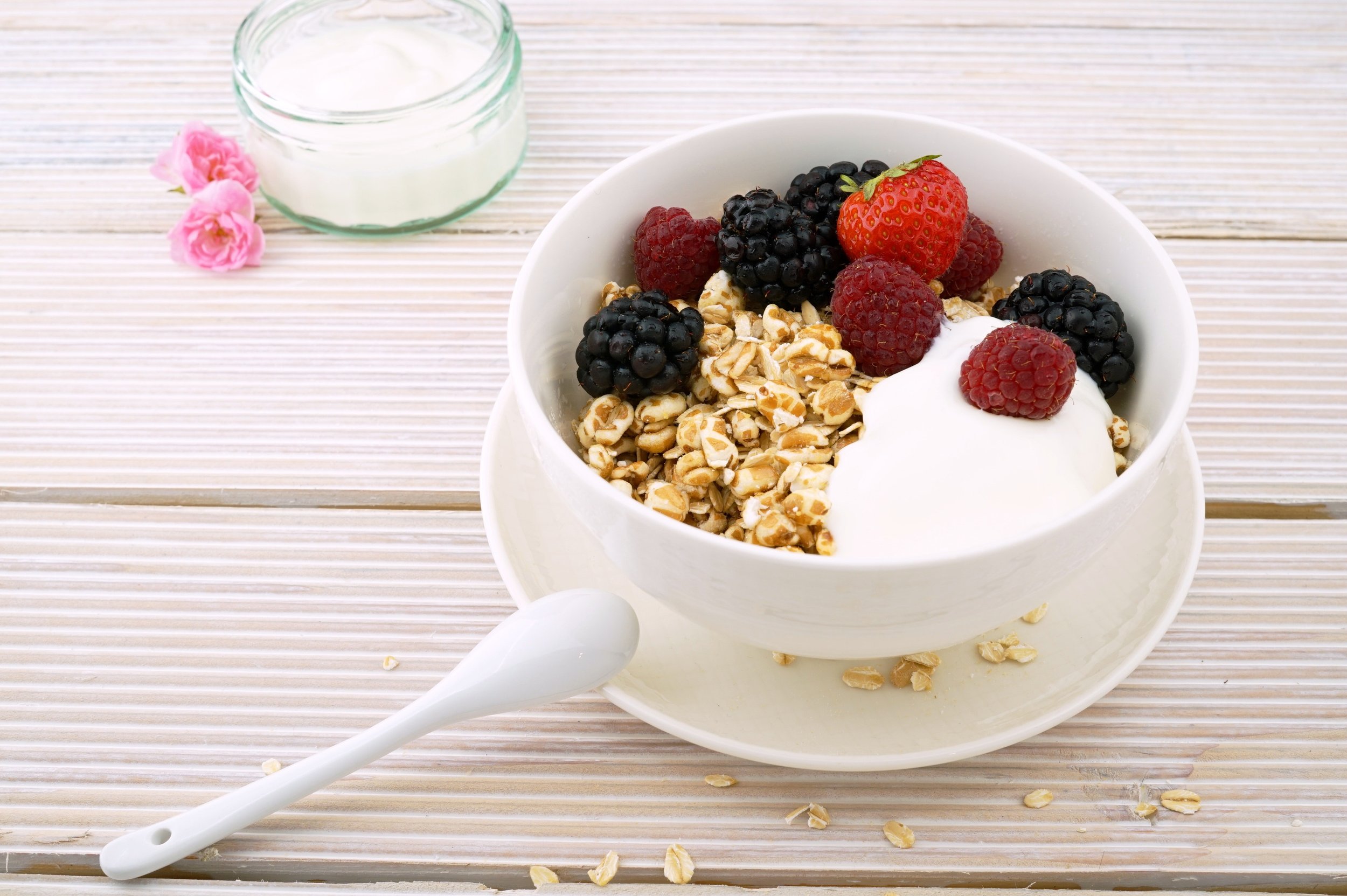The Differences between Autoimmune Diseases & Primary Autoimmune Deficiencies
In the intricate realm of the human immune system, a symphony of cells, proteins, and organs orchestrates a delicate dance to safeguard our bodies from infections. Among its many roles, a properly functioning immune system safeguards against invading viruses and bacteria. In the world of immunology there are two types of conditions - primary immunodeficiencies and autoimmune diseases, that reveal how the immune system's malfunction can lead to vastly different outcomes.
8 Healthy Habits to Help You Live Longer
Discover the science-backed secrets to a longer, more vibrant life as we delve into groundbreaking preliminary research funded by the VA. Examining over 700,000 participants aged 40-99, a recent study unveils the eight essential lifestyle habits that hold the key to enhanced vitality and extended longevity.
Therapy Modalities: What’s the Difference?
In our latest blog, uncover the unique benefits of a variety of the most common therapy modalities. Designed to help you cultivate insight into which approach resonates with you, our latest blog is sure to help you find the right therapist and take a step forward on your journey to healing.
5 Benefits of Float Therapy
The accessibility of float therapy, also known as sensory deprivation therapy, has grown significantly in recent years. Businesses offering personal float pods have sprouted across the Puget Sound. It raises the question - is float therapy just a fad, or are does it truly offer health benefits?
6 Risk Factors for Early Onset Colorectal Cancer
Colorectal cancer, as the term suggests, originates in the colon or the rectum. Like all cancers, early detection is the key to achieving the best possible outcomes. Research shows that rates of colorectal cancer are increasing in folks under 55, highlighting the need to raise awareness of important risk factors.
Is Skin Cycling the Key to a Glowing Complexion?
Skin Cycling is a trend that went viral on TikTok in the Summer of 2022. Unlike many TikTok trends, Skin Cycling is supported by dermatological expertise and training. Created by Dr. Whitney Bowe, a board certified Dermatologist, Skin Cycling is a simple and accessible routine designed to maximize your skin health and appearance.
The Difference Between Prebiotics & Probiotics
Learn about the differences between prebiotics and probiotics, and how they help support your health. Plus, we explore which foods provide you with the necessary prebiotics or probiotics to keep your gut healthy and happy.
A Beginner’s Guide to Skin Exfoliation
Skin exfoliation has become increasingly popular in recent years, and is now a staple in most skincare routines. Exfoliating removes dead skin cells from the outer layer of your skin. When used incorrectly, exfoliation can be damaging, making it important to understand when exfoliation is beneficial and what kind of exfoliant to use.
The Dangers of Nicotine Vaping
E-Cigarettes have been touted as a safe alternative to tobacco cigarettes for years. A growing body of evidence is challenging this narrative, and instead suggests that e-cigarettes can and do cause harm both physically and physiologically.
4 Ways to Lower Inflammation Naturally
Chronic inflammation can feel limiting, making it difficult to do the things you love. Luckily there are several things you can do to help lower your inflammation naturally - check them out.
The Emerging Link Between THC & Fertility
Emerging research suggests that regular THC use may have a negative impact on fertility for both people who menstruate and those who can inseminate others. Read on to learn more.
Ehlers-Danlos Syndrome
Ehlers Danlos Syndrome, often abbreviated to EDS, is an inherited genetic disorder that impacts the body’s connective tissues including skin, joints, and even blood vessel walls. The most common type of EDS, known as hypermobile EDS, typically causes overly flexible joints and fragile skin, and damaged skin often heals poorly.
PCOS Recognition & Treatment
Polycystic Ovary Syndrome (PCOS) is a hormonal disorder that affects individuals of reproductive age who have ovaries, often causing menstrual cycle dysregulation and several other unpleasant symptoms.
Recognizing Gluten Sensitivity
Gluten is a term used for the proteins found in many grains (and products containing them) including wheat, rye, barley, oats, and triticale which helps these foods maintain their shape. Frequently experiencing certain symptoms might indicate a gluten sensitivity, which should be addressed to support your health and comfort.
Oil Pulling: An Age-Old Ayurvedic Practice
Originating thousands of years ago in India, the Ayurvedic practice of Kavala Gandoosha, or oil pulling, has been used to promote oral hygiene and overall health. Read on to learn about the benefits, and a helpful how-to on oil pulling.
Is Hitting the Snooze Button Bad for You?
The body naturally has different waking thresholds as we sleep, meaning it’s easier (and better) to wake up at certain points in the sleep cycle than others. Depending on where you’re at in your sleep cycle when your alarm goes off again, it might actually make it more difficult to wake up and start your day.
All About Acupuncture
Acupuncture is a traditional Chinese Medicine technique, in which practitioners insert very fine needles into the skin to treat health issues. While it is most commonly used to treat pain, acupuncture can be used both preventatively and as an intervention to treat a broad range of minor mental and physical health conditions.
Benefits of Using a Dry Sauna
Saunas and similar sweat baths or lodges have been used by many cultures throughout history, including by the Finnish, First Nations people, nomadic tribes in Central Asia, Ancient Romans, and the Japanese, to name a few. In the modern day, dry saunas have been reported to have a number of benefits, and early research supports this belief.
Omega-3 Index: What You Need to Know
Heart disease is the leading cause of death in the United States - according to the CDC, one person dies every 34 seconds from cardiovascular disease. A low omega index is a known risk factor for heart disease - read on to find out how you can reduce your risk.
The Link Between Lifestyle and Fertility
It’s estimated that 188 million people worldwide experience infertility. In some cases, infertility can be influenced by lifestyle factors such as nutrition, self-care as it relates to mental health, exercise etc. When lifestyle factors (not biological factors) negatively impact fertility, these behaviors can be modified in an effort to enhance fertility and overall well being.




















